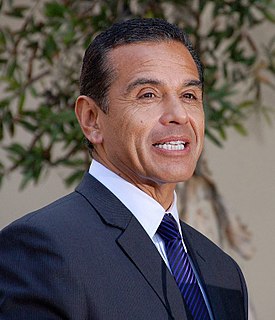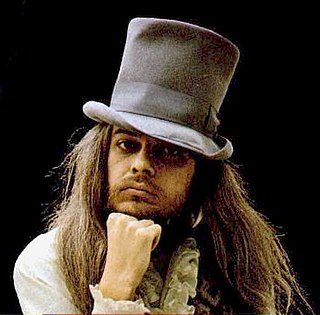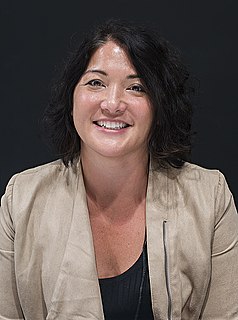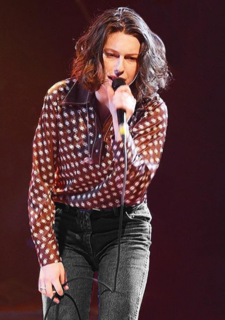A Quote by David O. Russell
I got put on jury duty, which is where I learned how to write.
Related Quotes
I got jury duty and I didn't want to go, so my friend said, "You should write something really really racist on the form when you return it. Like, you should put 'I hate chinks'." And I said, "I'm not going to put that on there just to get out of jury duty. I don't want people to think that about me." So instead I wrote, "I love chinks." And who doesn't?
It's rare to find someone excited over jury duty. If they're out there, I've never met them. Not a one. When the summons for jury duty arrives in the mail, how many people scream, 'Yes!' and run to clear the calendar? None. Our first and only reaction is, 'Oh, no,' quickly followed by, 'How can I get out of this?'
From Borges, those wonderful gaucho stories from which I learned that you can be specific as to a time and place and culture and still have the work resonate with the universal themes of love, honor, duty, betrayal, etc. From Amiri Baraka, I learned that all art is political, although I don't write political plays.
I believed there was enough evidence to go to trial. Grand jury said there wasn't. Okay, fine. Do I have a right to disagree with the grand jury? Many Americans believe O.J. Simpson was guilty. A jury said he wasn't. So I have as much right to question a jury as they do. Does it make somebody a racist? No! They just disagreed with the jury. So did I.
I write chronologically in my life, so whatever's going on, I write about it. Usually, that's when I feel the most cohesive body of work is formed. I got to live this crazy life, I got to write about it, and now I've got this record that I'm really proud of, too. It's not done, but when I put it out, it's gonna be good.






































